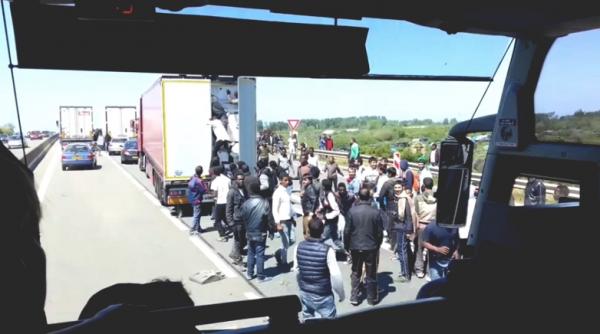
Is Caen the new Calais?
As security tightens at the port of Calais, the city of Caen is fast becoming the pressure point for illegal migrants intent on reaching the UK by whatever means possible – usually on the back of a truck.
Rod McKenzie, the RHA’s managing director – policy and public affairs, in an interviewed given on BBC2 said that truckers were running the gauntlet of violence and intimidation as migrants try to cross the Channel into Britain. “Real problems occur when lorries are forced to stop by makeshift roadblocks where migrant gangs attempt to get on board – frequently with threats of violence. There’s no question that the risk to drivers is significant and the situation is deteriorating.”
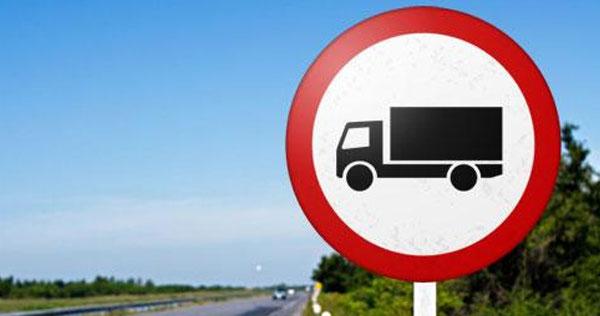
Germany – HGV-ban in Hesse still in force
Despite a change in the legal situation, the federal state of Hesse has decided to retain the HGV driving ban introduced in 2008 on four roads in the northern and eastern part of the state.
The four affected roads include B254 from Felsberg to Fulda, B27 from Hünfeld to Witzenhausen, B400 from Wommen to Wichmannshausen, and B7 from Kasel-Ost to Wehretal-Oetmannshausen.
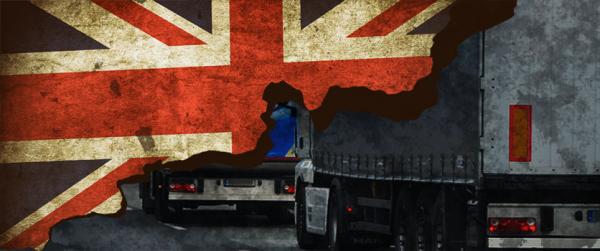
UK – M20 closure Junction 9 to 11
To reach Dover and Eurotunnel, drivers will have to follow a signed diversion route.
The M20 coast bound carriageway will be closed overnight between junctions 9—11 from Tuesday 26 June to Saturday 30 June from 8pm—6am to undertake surfacing works.
All freight traffic travelling to Dover and Eurotunnel on these dates are to use the A2/M2 or follow the signed diversion route from junction 9 along the A28, A2 and A20.
The M20 London bound will be closed overnight between junctions 11 – 9 from Tuesday 3 July to Friday 6 July. All freight traffic travelling from Dover on these dates are to use the A2/M2 or follow the signed diversion route from the Thanington junction for the A28 to re-join the M20 at junction 9.
London bound freight traffic from Eurotunnel will be diverted via the M20, A20, A2 and A28 to re-join the M20 at junction 9.
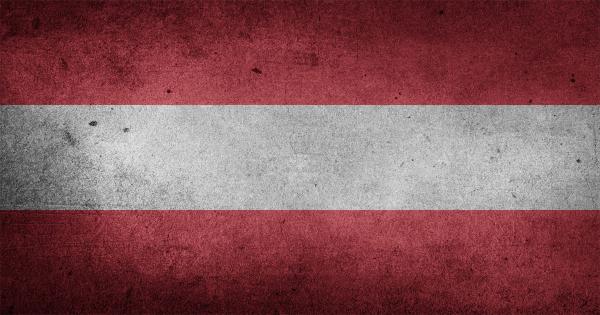
Temporary border checks at the Brenner Pass
In July and September Austria is planning to introduce temporary border controls at selected crossings on the border with Germany and Italy.
The measures were scheduled much earlier and are intended to improve security during the Austrian presidency of the Council of the EU.
The border controls will take place between 9 and 13 July and again between 17 and 21 September.
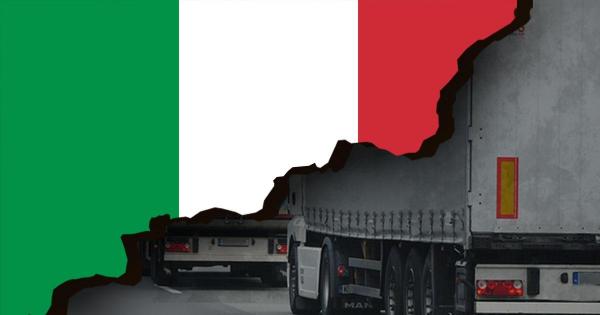
ITALY – new guidelines on the controls of cabotage
Penalties can be as high as 10000 euros.
On July 10 the Italian Ministry of the Interior published Circular No. 5507, which specifies the conditions for the control of posted drivers carrying out cabotage in Italy.
Before delegating a driver to perform cabotage operations in Italy, the employer is obliged to submit an application in the dedicated system (cliclavoro.it) and provide the driver with appropriate and translated documentation including a copy of the application, employment contract, A1 certificate, terms and components of remuneration with an indication of the payment period (hourly rate, conditions of the reimbursement of travel and subsistence expenses). A company representative appointed by the carrier in Italy should also have a copy of the application.
Inspection services may fine the driver and the carrier for not having the necessary documents translated into Italian.Penalties imposed on the carrier can range from 1000 to 10000 euros. The driver can be fined in the amount of 150 to 500 euros.
In addition, the vehicle may be administratively detained in a situation where the fine is not paid during the inspection.
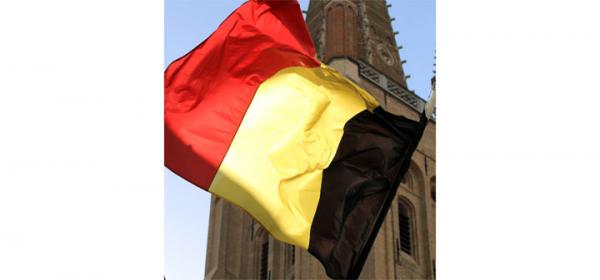
BELGIA – rośnie sieć dróg objęta opłatą dla pojazdów ciężarowych
Zgodnie z decyzją rządu belgijskiego regionu Flandrii od 1 stycznia 2019r siec dróg płatnych zwiększa się o prawie 39 km.
Nowe odcinki objęte opłatami:
– A 11 między Brugią (N 31) a Knokke-Heist (N 49);
– N 36 od Roeselare (R 32) do Zarren (N 35);
– N 772 od Hasselt (N 80) do Sint-Truiden (N 718)

Germany: HGV traffic bans on regional holidays should be lifted
The Federation of Transport Industry of Lower Saxony (GVN) demands that regional holiday traffic bans should be lifted.
The example given by GVN is the Reformation Day, which was declared a holiday in Lower Saxony, causing a serious economic problem for all hauling companies. As a result, cargo traffic is interrupted at the borders between the federal states, with lorries forced to wait in congested parking lots.
The regulation does not take into account the fact that in the neighboring federal states (North Rhine-Westphalia and Hesse), through which the busy A2 and A7 motorways run, the Reformation Day is not a holiday. To make matters worse, in North Rhine-Westphalia (as well as in several other federal states) November 1, All Saints’ Day, is a public holiday. For Saxon transport companies this means 2 days of downtime – a traffic ban in Lower Saxony on October 31 and in North Rhine-Westphalia on November 1.
Lower Saxony, which is the transit and logistic heart of Europe, cannot afford such isolated solutions.
For this reason, the GVN demands that the government of Lower Saxony should exert pressure on the federal government calling for a total and permanent abolition of HGV traffic bans on three regional holidays (Corpus Christi, Reformation Day and All Saints’ Day).
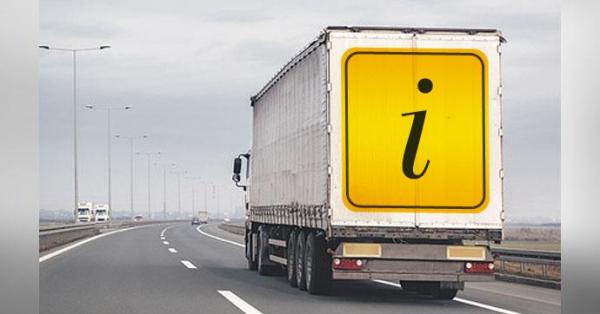
Traffic disruptions on the border crossing in Hrebennem
Since August 16, lorry drivers can expect temporary traffic disruptions at the border crossing in both directions due to construction work.
Repair work on fragments of damaged road surface will continue until mid-September. Lorry drivers are advised to choose other border crossings.

Italy: HGV traffic ban on a bridge in Genoa
Since 20 August lorries with a maximum total permissible weight over 7.5 tons have been banned from using the Ponte Acciai di Genova bridge.
Since 20 August lorries with a maximum total permissible weight over 7.5 tons have been banned from using the Ponte Acciai di Genova bridge, following the collapse of the flyover of the A10 motorway connecting the districts of Oregina and San Teodoro over the Polcevera stream. The ban has been imposed for an indefinite period of time.
Although the municipality has permitted buses to use the bridge, drivers refuse to carry passengers along this route. They argue that since HGVs are banned from using the bridge out of concern for safety, this is all the more reason to ban buses that carry people. Passengers get off the bus at one side of the bridge, walk across it and get back on on the other side.
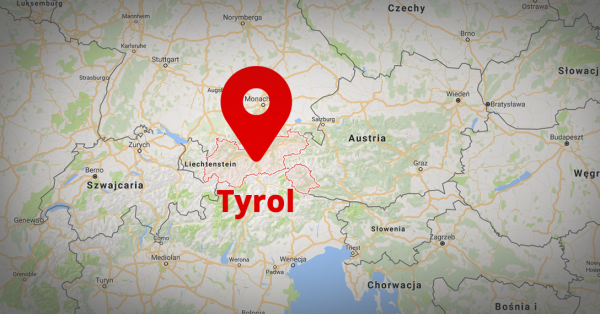
Tirol increases the number of days with HGV traffic restrictions in 2019
According to the new schedule, there are 17 days between January and June on which the number of lorries allowed to cross the Austrian-German border between 5:00 and 12:00 will be limited to 250-300
This is four days more than in the first half of 2018. The restrictions are in effect around the feasts of Ascension, Pentacost and Corpus Christi. Altogether HGV traffic restrictions are to be expected on at least 30 days. By comparison, in 2018, restrictions have been scheduled on only 26 days.
The schedule for the first half of 2019:
– January: 07
– April: 24, 26, 29
– May: 02, 27, 28, 29, 31
– June: 06, 11, 12, 13, 17, 18, 19, 21.